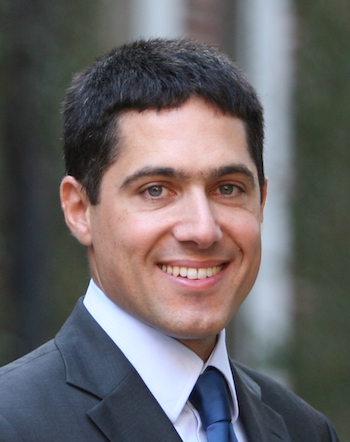Why do we hate making financial decisions?

The advice to use your head, not your heart, might not be helpful after all
We make tough decisions all the time, but choices relating to money send many of us running in the other direction. The science of decision-making offers some explanations for why we do this: We’re befuddled by too many choices, content to defer to our partner, or think we don’t have the expertise to do a good job.
Consumer behavior expert Aner Sela thought there was more to the story. His research points to another reason, driven by our stereotypes about money matters.
“There’s something that feels very cold and unemotional about financial decisions,” explained Sela, a marketing professor at the University of Florida’s Warrington College of Business. “The more we see ourselves as emotional decision-makers, the more we see financial decisions as something that’s just not for us.”
That aversion leads us to put off things like funding a 401(k), refinancing a mortgage or managing credit-card debt, which hurts our long-term financial health. Sela and co-author Jane Jeongin Park, now with the City University of Hong Kong, expected perceptions of emotional decision-making to have a similar effect on choices in other complex areas, such as health-care. But in their study, published in the Journal of Consumer Research, the phenomenon applied only to decisions about money — and it persisted even after the researchers controlled for how knowledgeable or confident participants were about personal finance.
“It surprised us how unique and how extreme these effects were when it came to financial decisions,” Sela said.
Sela and Park’s findings suggest that the longstanding advice to use your head rather than your heart when it comes to money might be counterproductive if it causes people to avoid those choices.
The good news: study participants were less likely to avoid financial decisions when those exact same choices were reframed as decisions about their lifestyle. That’s a hack you can use to tackle a money matter you’ve been putting off. Try to picture the pleasant outcome you’re creating down the line, not the icky decision facing you right now, Sela says.
He also suggests that just acknowledging the forces at work on us can help us overcome them. Knowing that our reluctance has more to do with our perceptions than our abilities can help us move beyond our financial foot-dragging, Sela says.
The study’s insights could also help employers, policy-makers and financial-product providers present information in a way that makes us more likely to engage instead of run screaming. Sela points to Twine, a financial-planning app for couples, as an example of a warmer approach.
“It treats the whole thing as a game, encouraging couples to think about how they would like their life together to be in the future,” he said. “Those types of products or interventions can really go a long way.”
